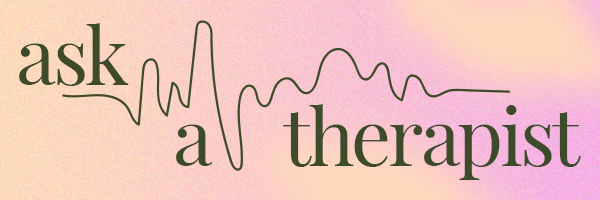Ever wondered what you'd say to a therapist, given the chance? We asked Dr Sheri Jacobson, a retired psychotherapist with over 17 years' clinical experience and the founder of Harley Therapy London Psychologists, for advice on the things we worry about in private.
Have a question for a therapist? Submit yours for Sheri.
Question:
I feel lonelier now than I did during the pandemic as I barely hear from my friends. I'm not in any friendship groups so I know them all individually. I kept in close contact with all of them during the lockdowns. It felt mutually beneficial and reciprocal.
AdvertisementADVERTISEMENT
Now life has opened up, I find that if I'm not the one to initiate plans or reach out, most of my friends do not reciprocate. It hurts me as if I don't initiate, I won't hear from most of my friends for more than five months. Other friends that I do contact often take weeks to reply to my texts. I understand that friendships aren't always 50:50 and we're all busy with London life, work and relationships but I'm left wondering if they've deprioritised me and we've gone from friends to acquaintances.
Is rarely hearing from friends just part of friendships growing apart? Do they naturally come to an end in your 20s? I met most of my friends through school, uni or prior jobs and it seems that without seeing each other regularly, they make little to no effort.
How can I stop focusing on the friends who do not make effort and focus on the three who try to keep in touch? I find that the friends who I don't hear from consume my thoughts. Thank you so much.
Rose, 26
Answer:
Loneliness can feel so tough. Despite your best efforts, it seems you've not been rewarded with continued close relationships afterwards. This issue is more common than you would think.
It's possible that your friends are not actively deprioritising you. It could be that their lives have become busier and they are otherwise preoccupied now that in-person life has resumed. Also, a lot of social interaction these days continues to take place on social media, on platforms that can be all-consuming, and that distracts us from replying to messages without meaning to.
AdvertisementADVERTISEMENT
It's not a bad idea to consider if you are unconsciously doing something to push people away (maybe speaking with a harsh tone or constantly sharing strong opinions, for example), just in case that's a factor. That said, you absolutely should avoid self-blame as the default reason for drifting friendships. It might be worth speaking to someone you trust to get a balanced perspective and resist fixating on this.
As you note, friendships do change a lot over time. That's not bad in itself. They take effort and need active nurturing on both sides. As we age our lives can become fuller with work, hobbies, partners and even, at some point, children. It can become harder to keep relationships as strong as they once were.
If you are okay to continue to do more work in maintaining the friendship (that is, initiate more of the contact), that might be a trade-off you are prepared to make. You should, however, expect at least some reciprocity.
It’s great that you recognise you do have a handful of reciprocal friends and it's worth actively focusing your efforts to foster those.
It's hard to do this though because we tend to dwell on the negative. We are drawn to seeking out problems because that's what has kept us surviving in evolutionary terms. It's natural to scan for threats and to worry about being left out of groups. But it can be more beneficial to focus on the friends we do have rather than seek to regain the ones who have become distant. Friends who might be worth our time and energy are usually ones who we feel nourished after spending time with, and who contribute to our wellbeing. Remind yourself that investment in such healthy relationships is usually worth it for our good health.
And in terms of letting go of fixating on those you feel have left you behind, it is hard, so don't beat yourself up. Gratitude goes a long way to help counter lonely feelings or obsessive thoughts. You can reflect on the feelings of close contact with friends and reciprocity. Those are memories you can hold on to and cherish even as your friendships are reshaping.
AdvertisementADVERTISEMENT







